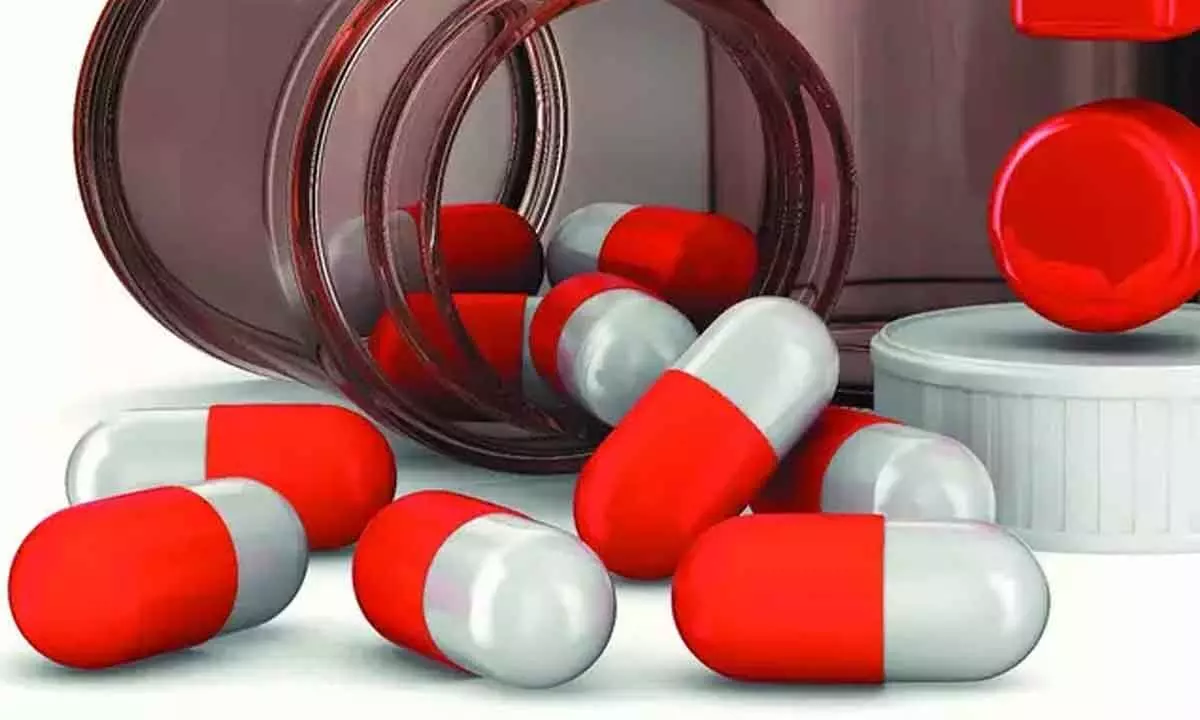The battle to restore reputation of Indian pharma
Using authentic ingredients first step in pursuit of good manufacturing pactices, government must enforce compliance on excipients and solvents too
image for illustrative purpose

There has been a series of news reports bringing to the fore how below par manufacturing practices adopted by Indian pharma companies are not only impacting their brand but also casting a shadow on the image and reputation of the larger Indian pharma industry. As a result, the government has ordered pharma companies and particularly MSMEs to acquire Good Manufacturing Practices or GMP certificate within the next 6 to 12 months. The fact that only 2,000 of the total 10,500 manufacturers have a GMP certificate underlines the enormity of the problem that the government is attempting to address.
While this drive for obtaining of a GMP certificate with an eye on improving manufacturing practices and standards in pharma products is underway, the government must also take a more proactive stance on usage of Pharmacopoeia monographed solvents/excipient such as IPA, Acetone, MDC & Methanol etc., by Indian drug manufacturers in their preparation of APIs, final formulations and pharma products. Section 16 of the second schedule of The Drugs and Cosmetics Act 1940 mandates maintaining of pharmacopoeia standards in line with the norms laid down by the Indian Pharmacopoeia Commission (IPC) and other regulatory authorities in the states.
However, Indian drug manufacturers overlook rules and regulations and make use of non-pharmacopeia grade (non-Pharma labelled) solvents such in API as well as formulations. According to Indian IPA manufacturers, the usage of cheap imported IPA fails to meet various critical parameters covered in Pharmacopeia Standards such as UV absorbance test, identification of unsaturated hydrocarbons and rapidly carbonizable material. Besides, given that IPA and other solvents such as Toluene, Acetone and others are imported in bulk and stored in a commingled fashion in shore tanks located at Kandla, Mumbai, Vizag, and other ports, there is a high risk of the solvent material intended for non-pharma (Industrial /Paint / Cleaning) applications getting cross contaminated with pharma grade.
This has a higher risk of further compromise of the safety and the efficacy of the final finished product in Pharma applications. In the end, using of non-pharmacopeia (non-Pharma labelled) grade solvents not only adversely impacts the quality of the drug putting millions of patients’ health and lives at risk but also sullies the reputation and brand value of Indian pharma companies and the wider industry. In fact, on a wider level, it also undermines the brand image of India as a ‘pharmacy of the world’. Hence they must use ‘Pharma Labelled Grade’ and not just ‘Pharma passes’ grades.
“Developing a brand image for a company takes years of painstaking efforts and tonnes of resources. However, not adhering to GMP regulations and coming under the government’s scanner and being reported in the media can undermine that brand image and the corporate reputation in a matter of days. In its initiatives vis-à-vis manufacturers over looking norms related to GMPs and not obtaining the requisite certification, the government is now even collecting details on each and every plant operated by pharma companies.
While this is welcome, the government must also lead a similar campaign against those turning a blind eye to solvent usage rules and regulations. Indeed, using of authentic pharmacopoeia-grade ingredient would constitute the first steps towards implementation of good manufacturing practices of any kind. We have already seen how a number of pharma products have been under the scanner of the regulatory authorities in foreign markets in recent times denting the reputation and the image of the Indian pharma industry as well as India as a leading pharma manufacturer in the world. In fact, we are already seeing how the declining brand value of pharma companies due to spurious drugs is adversely impacting India’s exports,” said Vikas Biyani, an expert who has closely worked with a state regulatory body.
“For many years, we have been entreating the government to enforce standards mandated by the Indian Pharmacopoeia (IP) or International Pharmacopeia in pharma applications. While the pharma manufacturers are being audited / monitored, it would be essential that the suppliers to pharma manufacturers for the different excipients, ingredients, solvents etc, are also brought within the gambit of the monitoring authorities, so that the whole industry would benefit. On the other hand, usage of authentic good quality pharmacopeia grade excipients and solvents available within the country would not only strengthen the government’s hand in its efforts to ensure good manufacturing practices among Indian pharma manufacturers, but also bolster India’s much-cherished Atmanirbharta drive,” added Biyani.

